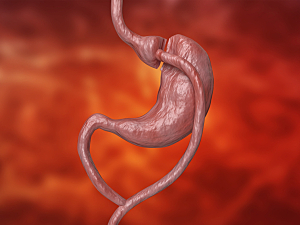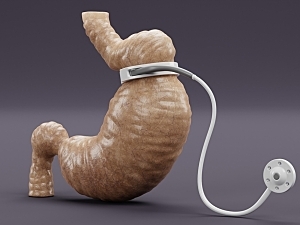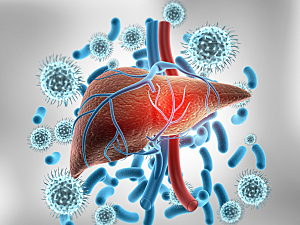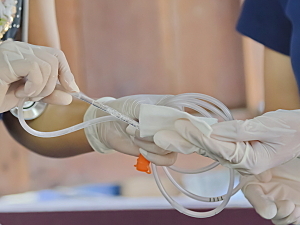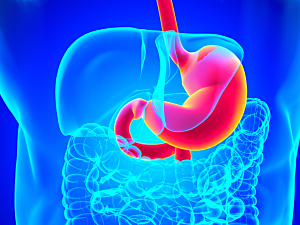Working Outside of the Operating Room to Advance Surgical Care

Having dedicated his career to patient care, education and research, Douglas S. Smink, MD, MPH, embodies the classic tripartite mission of an academic medical center. He discusses his experience leading the Association of Program Directors in Surgery as well as his research on innovative gastrointestinal training.
Read More...